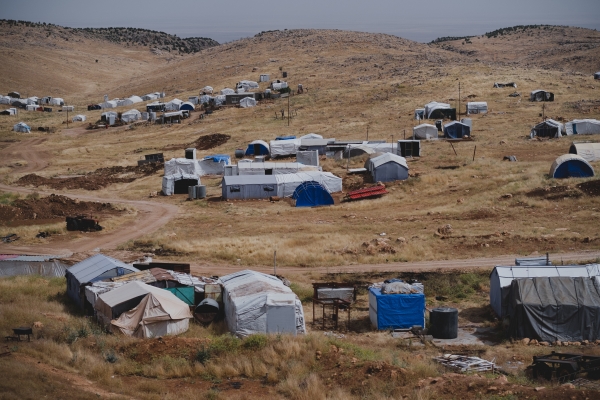In October 2017, an armed insurrection in Mozambique began out of anger at the corruption of the State and strong opposition to Islam. The popular movement focused on local resentment of the region's poverty. Despite Cabo Delgado is rich in mineral resources, local communities - especially the Muslim majority Mwani and Makua - have been largely excluded from economic opportunities.
Over these five years, the conflict has grown in intensity. The militants, known locally as Al-Shabab, have inflicted a series of defeats marked by the execution of civilians, the kidnapping of young men and the sexual enslavement of women. The armed war turns into a struggle for survival: from food, to shelter and the lack of necessities.
The displaced people in Cabo Delgado have increased from about 172,000 to 784,000 in the span of two years. More than 70 percent of these now live in the homes of family and friends rather than in official governmental relocation camps, despite the shelter and small plots of land offered. In fact, there is a widespread suspicion in the community of aid exploitation, all aggravated by the perceived lack of transparency on its provision.
However, the government has created the Integrated Development Agency for the North (ADIN) and is seeking $ 764 million from partners to fund an extensive reconstruction and resilience building program in the cities of Cabo Delgado, Niassa and Nampula. But even here, despite the general welcome reserved for the displaced, tensions are growing.
To read more, please visit:
https://www.thenewhumanitarian.org/news-feature/2022/03/28/Mozambique-war-Cabo-Delgado-al-Shabab
https://displacement.iom.int/mozambique
Author: Sofiya Dmytrivna Rinci Zubok; Editor: Sara Gorelli







